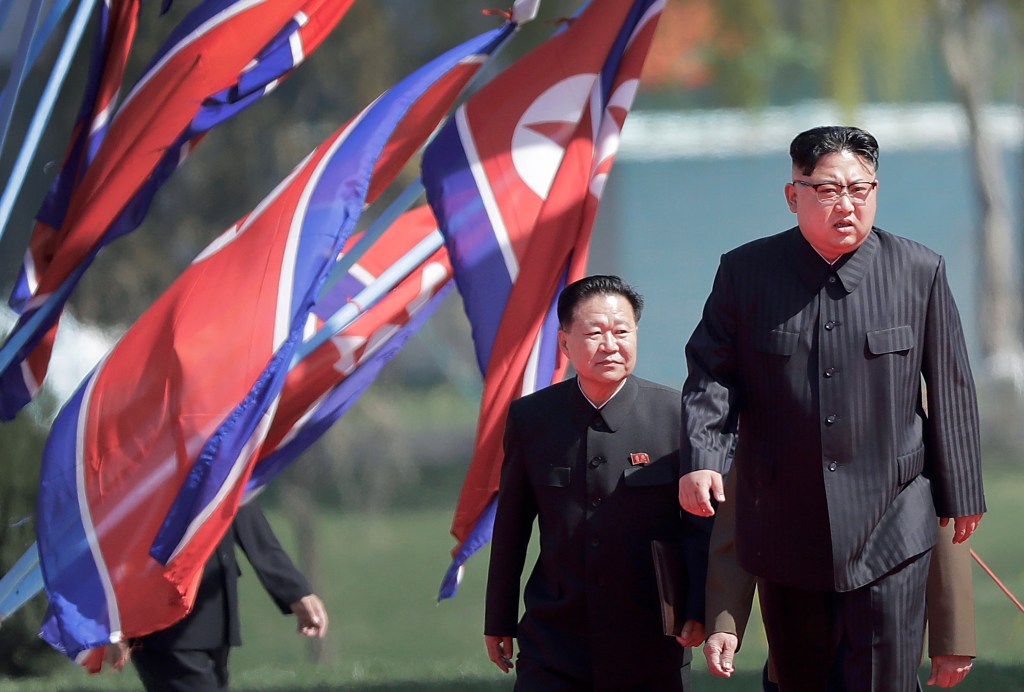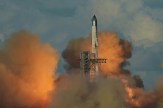North Korea sanctions: how do they work, and will they work?

Last week, the Trump administration announced an expansion of sanctions on North Korea, focusing largely on financial institutions that do business with the communist nation.
Jun Ma, associate professor of economics at Northeastern, is an expert in macroeconomics and international finance, financial economies, and the Chinese economy. We asked him to explain how sanctions work, whether or not they typically do work, and what the expanded sanctions might mean for North Korea, China, and the global economy.
How do economic sanctions on another country work?
Interestingly, economic sanctions are not very common nowadays, except for those imposed on North Korea and a few other countries. Countries are interacting more and more with each other, so this makes economic sanctions stand out more as an exception to the general trend of the global economy.
The idea with economic sanctions is plain and simple: to isolate the economy. When we think about North Korea, for example, it needs energy imports. It doesn’t produce its own oil, so it needs to import oil because winter is brutal in North Korea, and the country also needs to use the oil to generate energy for automobiles for military use. All of those energy imports, if economic sanctions are imposed very strictly, will be substantially limited and impact North Korea’s ability and the amount of energy it can acquire for both civil and military usage.
The other impact can be seen in the daily lives of the country’s citizens, including high-level officials. North Korea needs to trade with other partners for very basic goods, like food and clothes. The North Korean economy is extremely closed and people know very little about it. As far as I know, it trades heavily with China for those basic supplies needed for daily living. If you strictly enforce economic sanctions, that’s going to substantially impact people’s lives.
You mentioned that North Korea trades heavily with China. The Central Bank of China recently decided to halt all payments and transactions to North Korea. What kind of impact will that have on the economies of North Korea and China?
I think China is in a very interesting position. Because of its role in the international economic society, China needs to play along with other countries. From a Chinese national security perspective, common sense tells me that you don’t want a dangerous neighbor who is hard to predict and armed with nuclear weapons. China often has its own motive to discipline North Korea, ideally halting North Korea’s access to nuclear weapons.
The northeastern part of China used to be a fairly developed area economically, dating back to the ’60s and ’70s when state-owned enterprises in that area were the backbone of the national Chinese economy. Since 1978, after many reforms, China’s economic focus has moved more and more toward the south. As a result, the northeastern part of China has been deteriorating. Many people in that region find that it’s profitable to trade with North Korea for basic food supplies, like rice, seafood, or meat, partly because no one else is willing to trade with North Korea, and also because they are in such close proximity to North Korea.
That’s why, for example, economic sanctions are really hard to enforce, at least for the Chinese, because if you stop people from doing business with North Korea, you hurt the economy in the northeastern part of China. Economic sanctions don’t come without a cost to the Chinese economy. So Chinese leaders have to weigh the cost and benefits and decide what they should do.
I want to go back to a point you made earlier—that economic sanctions are not very common because of the globalized economy. Why is that?
As I said before, North Korea’s economy is related to the Chinese economy. And thanks to economic development in China in the past 30 years, the Chinese economy is closely related to the global economy. So if the regime in North Korea suddenly collapses and we don’t have a rescue plan, it could create a problem for the global economy as well. It could cause significant problems for the Chinese and Japanese economies.
It’s hard to predict because the North Korean regime is very unstable, so you don’t know what’s going to happen. And some military or political disruption will affect the regional economy in East Asia, and ultimately the global economy also. It’s a ripple effect.





